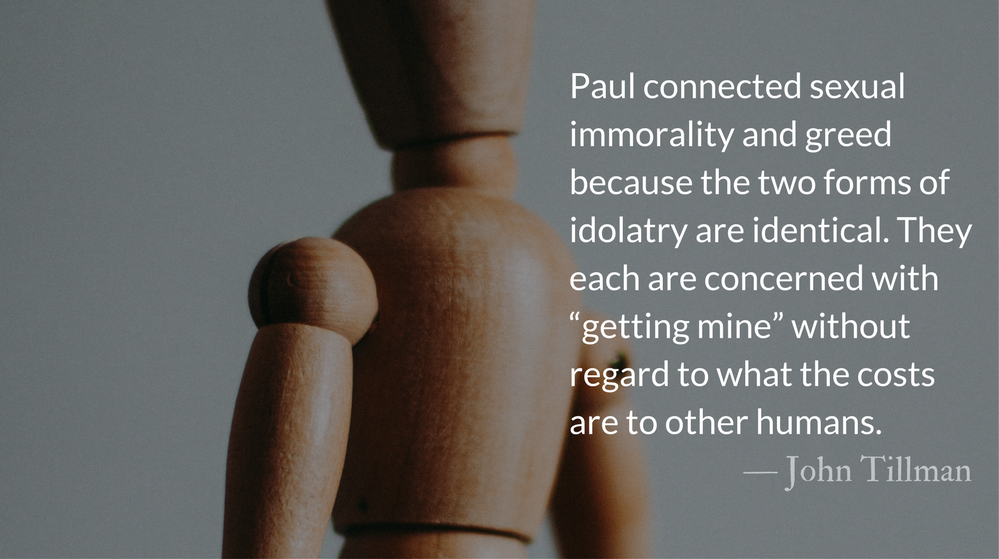Scripture: Colossians 1:15-18
The Son is the image of the invisible God, the firstborn over all creation. For in him all things were created: things in heaven and on earth, visible and invisible, whether thrones or powers or rulers or authorities; all things have been created through him and for him. He is before all things, and in him all things hold together. And he is the head of the body, the church; he is the beginning and the firstborn from among the dead, so that in everything he might have the supremacy.
This beautiful prayer acknowledges the supremacy of Christ and our dependence solely upon him, not just for salvation but for every eventuality of our lives. May this prayer set us free from the idea of our own sufficiency and turn our hands and eyes Godward in search of his kingdom above all else. — John
A Prayer of Dependence on God From Ghana :: Worldwide Prayer
Our God,
God of all creation,
God of the fierce and stormy wind that plucks the green leaves from the trees,
That enables the dead wood hanging on trees to fall and find their resting place on the ground.
God who allows the poor to find that wood to make fire.
Our God,
God of all creation
You are the rain-giving God, rain that produces an abundance of food.
Our God,
God of all creation.
You who provides in abundance.
Strong warrior, what you have provided we collect with our right hand.
Our God,
God of all creation.
You are friend to the disabled, glorious king of lepers, servant of the crippled, guide to the blind.
Lord Jesus, your eyes mix with the rays of the sun to bring light everywhere.
O God,
You are always there, and we listen to good news from you.
You are king of teachers who always imparts knowledge to your children.
Jesus, your beauty is like the moon rising from the sea.
O God,
Our king, when we come near you, it is as if we come to sleep in a room covered in gold.
We worship you in the name of Jesus.
*Prayer from Hallowed be Your Name: A collection of prayers from around the world, Dr. Tony Cupit, Editor.
The Call to Prayer
I will call upon God and the Lord will deliver me.
In the evening, in the morning, and at the noonday, I will complain and lament, and he will hear my voice.
He will bring me back…God, who is enthroned of old, will hear me.
— Psalm 55:17
– From The Divine Hours: Prayers for Summertime by Phyllis Tickle.
Full prayer available online and in print.
Today’s Readings
1 Kings 14 (Listen – 5:22)
Colossians 1 (Listen – 4:18)











